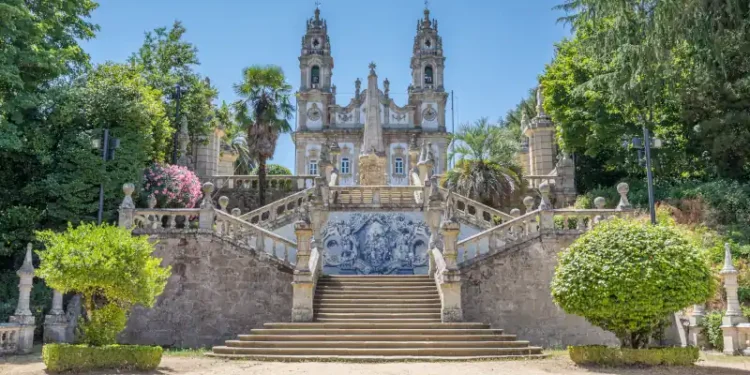Have you ever wondered about the origins of certain words used worldwide?
You may not believe this, but some words used across the globe today are connected to Portuguese.
Etymology (the discipline that studies the origin of words) doesn’t always have clear-cut answers. Languages are dynamic and constantly evolving, so it’s sometimes difficult to tell exactly what the origin of a word is.
Not all the words listed below have their origin in the Portuguese language. In some cases, when the Portuguese came across something new to them (like animals or plants, for example), they adopted the local word for it.
Over time, through the Portuguese, these new words and concepts spread to other countries and languages, often being adapted to suit their own spelling and pronunciation.
Let’s look at some examples where Portuguese words have influenced vocabulary around the world:
Baroque. The name of this artistic style comes from the Portuguese word barroco, used to describe a pearl of irregular shape. Similarly, baroque is not “smooth” but thrives on contrast, complexity, and extravagance.
Caramel. Originates from the Portuguese word caramelo. Originally, caramelo meant icicle and, by extension, extremely cold weather (although it’s very rarely used in this sense anymore). The first caramel-like candy was probably hard like icicles, hence the name.
Marmalade. This word comes from the Portuguese marmelada, which means quince paste (marmelo = quince).
Sargasso. This word originates from the Portuguese sargaço, a type of seaweed that floats in ocean currents.
Tempura. This Japanese recipe has its origin in the Portuguese word “têmpora,” which refers to a period of fasting when meat was avoided—before Easter, for example. It’s believed to have reached Japan through Portuguese Jesuits in the 16th century. Today, in Portugal, we still have a version of this, called “peixinhos da horta,” which are enjoyed throughout the year.
Verandah. It’s believed this word made its way into the English language as a linguistic “borrowing” from the Indo-Portuguese creole from the Portuguese varanda.
Zebra. The etymology itself is not clear, but its use and origin in the Western world are clearly associated with the Portuguese after they first came across zebras in Africa.
Sincerely,
Cátia Lima
Contributor, Europe Uncovered











